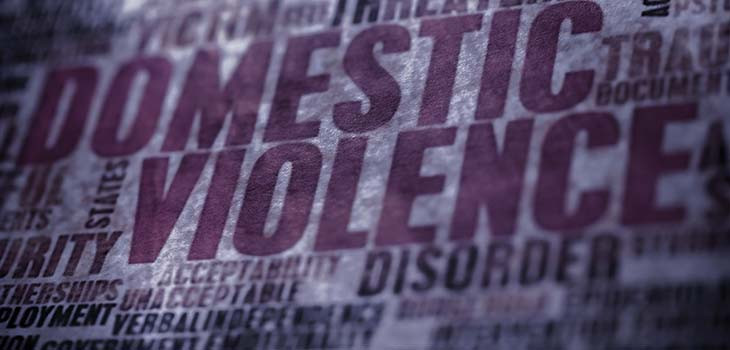
- Over the years, a stream of reports, practice directions and inquiries has contributed to constant changes to the courts’ understanding and treatment of victims of domestic abuse and their children.
- Recent recommendations for change, including substantial financial investment and a more trauma-focused approach, are to be welcomed, but still more work is needed.
The law concerning domestic abuse has been evolving over the last three decades, but the last three years have seen particularly significant changes.
In 2004, Women’s Aid published their report Twenty-nine child homicides: lessons still to be learnt on domestic violence and child protection, which considered the domestic homicide reviews of children murdered either during or as a result of court-ordered or approved contact. It led to the first version of Practice Direction 12J in 2010 under the presidency of the late Sir Nicholas Wall, who









